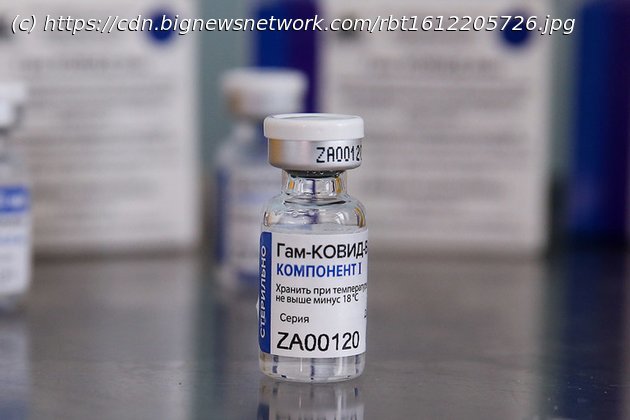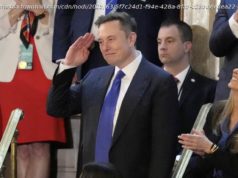How many countries are buying the vaccine what side effects does it have and how long does the immunity last for READ MORE
How many countries are buying the vaccine, what side effects does it have and how long does the immunity last for? READ MORE:How COVID-19 vaccination is proceeding in Russia READ MORE:Russia has several working COVID-19 vaccines. How safe are they? (DETAILED EXPLAINER) Dmitry Feoktistov/TASS Vaccination in Russia is free and is being conducted with the Gamaleya’s ‘Sputnik V’ vaccine. People in each Russian region can register for a vaccination via the Gosuslugi (aka «government services») website or by phone. In Moscow, you can also get a shot not just in clinics, but also in shopping malls, on a first come first served basis — with only a passport required. Interestingly, at the end of December 2020, the ‘Sputnik V’ manufacturer launched a video advertisement in English on social media with the slogan «V is for Victory». According to Rospotrebnadzor (Russia’s consumer rights watchdog) head Anna Popova, by the fall of 2021,60% of the country’s population will be vaccinated (out of Russia’s 144 million population). Experts say these estimates are real if people would be ready to take the shot: «The main thing is that people should understand the need to get vaccinated,» said Larisa Popovich, director of the HSE Institute of Health Economics. Vaccination point in Moscow’s trade mall. Alexander Avilov/Moskva Agency Russia has already produced 6.5 million doses of ‘Sputnik V’ and will make about 33 million more by the end of March 2021, according to the head of Industry and Trade Ministry Denis Manturov. «We will send 2.1 million doses to the Russian regions by the end of January, another 5.7 million doses in February and almost 9 million doses in March,» he said. Meanwhile, some regions including, for instance, Perm Region, Leningrad Region and Volgograd Region have reported shortages. Authorities say the deficit is due to Russia’s enormous territory and the fact that the production of the drug hasn’t reached full capacity yet. Experts also note that there is not enough medical staff in the regions. The highest availability of the vaccine is in Moscow, Moscow Region, Sakhalin, the Nenets Autonomous District and Chukotka (interestingly, the last three are among the most remote regions in Russia and far away from Moscow).






